QuestionLast Saturday my autistic daughter finally picked up her new miniature beagle puppy Roxas. She adores him and he adores her. He is 10 weeks old and completely blind or so the vet and breeder thinks. He was advertised in the paper as a " slightly impaired puppy in search of a slightly impaired owner " My daughter took to him amazingly well and Roxas took to her as well much to the breeders amazement. We opted to leave him with the mom until she weaned him completely and rejected him. This happened at 10 weeks of age. We brought him home and set up his new crate which he absolutely seems to hate. He will not sleep in it he yelps whines barks howls and has a complete fit even if my daughter stays right there with him. I tried the method of completely ignoring him. That I have found does not work on night one we let him come unglued for three hours before giving in and letting him out upon which time he curled up on my daughters shoe and went right to sleep. The second night we did the same thing with the same results so we tried the bathroom and stayed in there with him two hours later with still no luck now being nearly 3am we gave up and let him sleep on the floor. When he is out all night he wets the carpet he chews everything he can find to bits and pieces. We tried again last night and then again just a bit ago and had the same results I am not sure what I am doing wrong here but I am at wits end. He has a bed and blanket in his crate. He has chew toys he has treats. He likes to run in there and find the treats but if the door is closed he freaks out and wont even eat them. He likes to find them and bring them back out to eat them. Any advice would be helpful I am exhausted and in desperate need of sleep!!!!!
AnswerHi Sabrina,
With a case like this, I recommend always focusing on the long-term goal of not reinforcing a behavior that you do not want to escalate. In other words, I always tell my clients to look at a behavior and think about it 100 times more extreme. If they don't like that thought, then don't reinforce the behavior now.
On the other hand, you should focus on the behavior that you do want to continue and reward this. For crate training, you should start in really small increments, only reward the behaviors that you like, and use outstanding treats to motivate your puppy to continue the behavior that resulted in the treat. In this case, start with 2-3 seconds of quiet, drop a treat in there, wait 4-5 seconds, drop a treat in the crate, and continue adding a bit longer duration each time.
If, during the departure, your puppy whines, ignore him and come back as soon as he is quiet. Since he is blind, you can pet him if you are concerned that he does not know if you are there.
It would be highly unusual for a puppy this young to have separation anxiety, or panic attacks while alone. He is probably just doing normal behaviors to get you to come back. The unfortunate reality is that if you come back during this behavior, he can learn to do that for extended periods of time. So, once again, focus on rewarding really small increments of quiet until he learns that barking doesn't work and being quiet does.
If you need some sleep, there is nothing wrong with having him sleep out of the crate. However . . . it is critical that you teach him to be alone in the crate in all situations or he could develop separation anxiety because he is not confident being alone.
I always recommend clients move the crate around the house and continue these exercises until their dog is 1 year old. If you only use the crate when you are leaving, he will probably learn to hate it.
Let me know if you have more questions, and good luck!

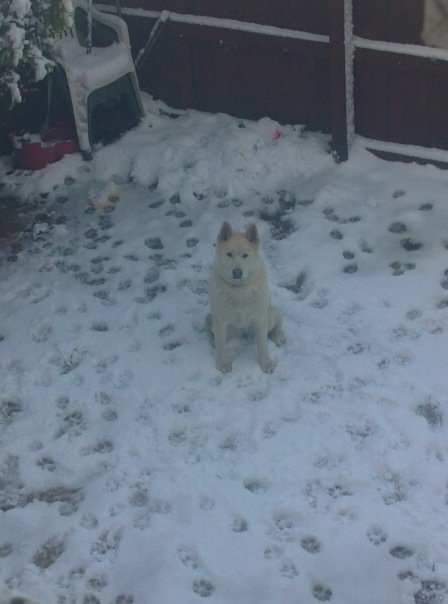 Dog Training And Punishment?
Question
Maya
hi there i have an akita X husky,
Dog Training And Punishment?
Question
Maya
hi there i have an akita X husky,
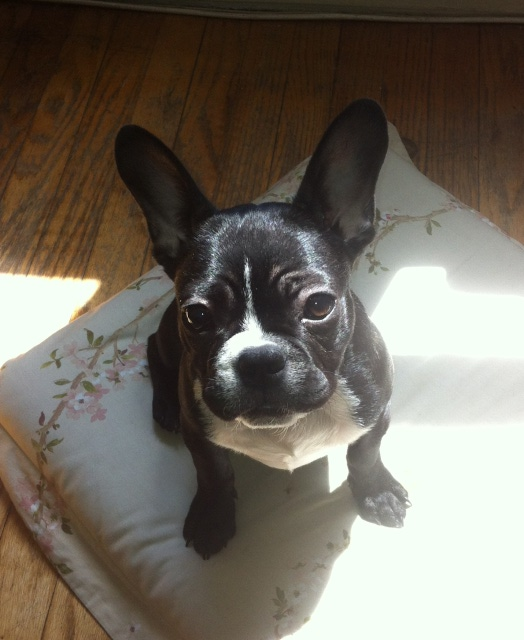 Trying to housebreak pup & she stops going
Question
Rubie Rooh
Hello - I have a 4 month old
Trying to housebreak pup & she stops going
Question
Rubie Rooh
Hello - I have a 4 month old
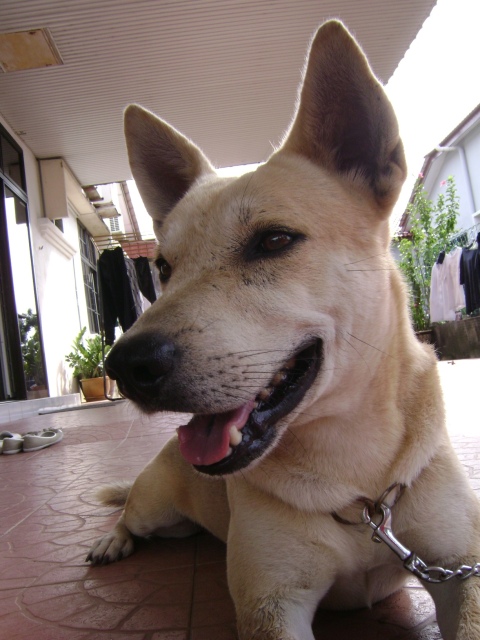 how to train a dog?
Questiondog
QUESTION: hi,I want to ask you,how t
how to train a dog?
Questiondog
QUESTION: hi,I want to ask you,how t
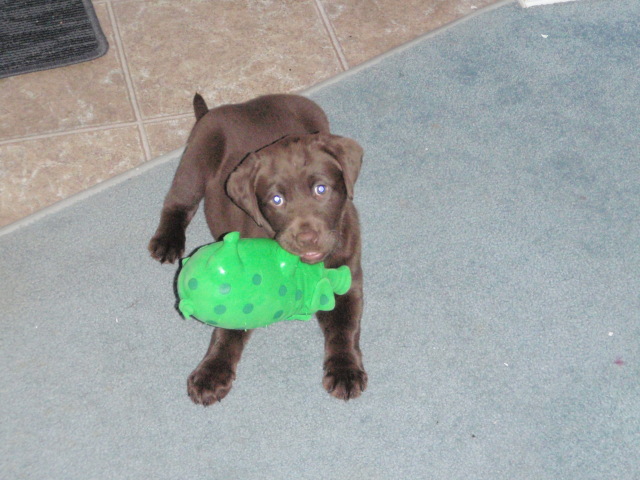 Puppy help!
Question
Roxy!
Hello! I am so glad I found this site:)
Puppy help!
Question
Roxy!
Hello! I am so glad I found this site:)
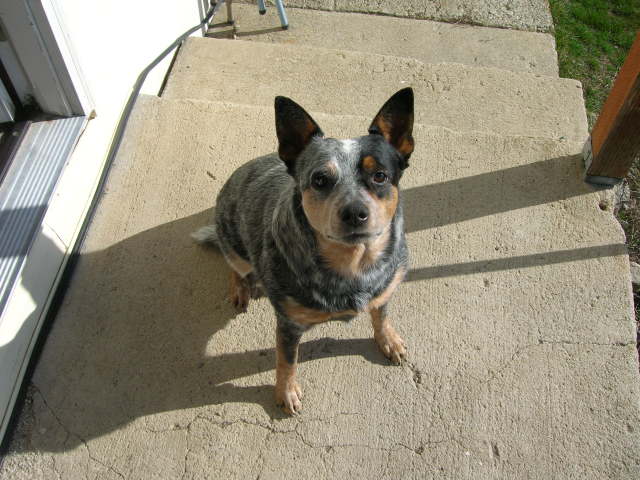 scratching carpet
QuestionQUESTION: Why has our 4 year-old female red hee
scratching carpet
QuestionQUESTION: Why has our 4 year-old female red hee